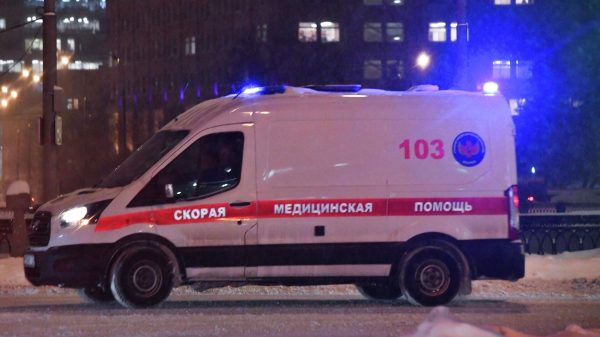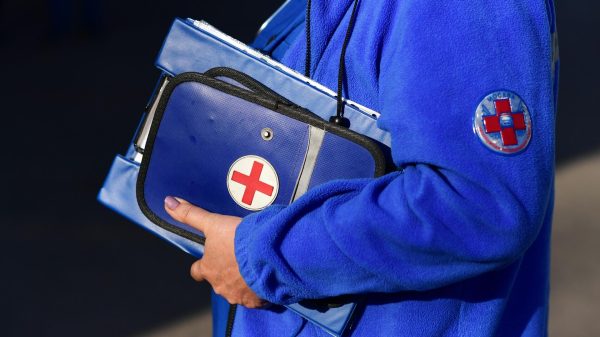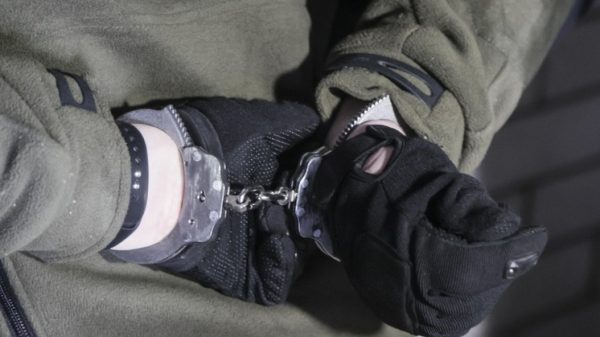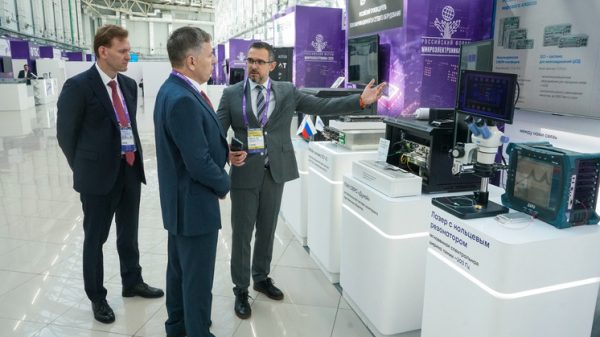In July the comedian David Baddiel tweeted about a new documentary series that was making waves: “Finished watching Once Upon A Time In Iraq tonight. It’s possibly the most powerful documentary series I’ve ever seen…” Political commentator Andrew Neil agreed: “Quite simply, the best documentary series the BBC has ever made.”
Directed by the award-winning film-maker James Bluemel, the five-part series sought to bring new understanding and perspectives to the US-led invasion of Iraq in 2003 and its aftermath, ending with life under Isis. The aim was for a “unique personal archive from civilians and soldiers from both sides of the conflict”, and what makes the series so singular and successful are the central set of storytellers featured throughout; their interviews as unexpected as they are harrowing. As well as anger and anguish there is occasional humour, and remarkable intimacy as Bluemel keeps the camera rolling when they pause to light a cigarette, take a swig of coffee or simply sit in silence lost in thought, head in hands, while sitting in what looks like someone’s garage.
You need the pain to know you are still you, that you haven’t forgotten, to remind you of what you’ve left behind
The series’ first interviewee, Waleed Nesyif, was 18 when the US invaded. Living with his family in Baghdad he loved music and was a member of Iraq’s first heavy metal group. He learned to speak English by watching American movies. By 2004 he was forced to leave his family and his country – by then in turmoil amid increasing sectarian conflict – after death threats that came, he thinks, because of his work translating for foreign journalists covering the violence and destruction.
In the programme Nesyif disarms with dark humour and insight. He laughs when looking at footage of himself being interviewed at 18, about how much he sounds like Borat. He reflects on how “we were free enough in Saddam’s time to go back and forth without worrying about a car bomb. That’s what he provided – safety and security…[if] not from him.” He recalls the horror post-invasion, the civilian tragedies he came across while working. The strength of a young girl grievously injured by an insurgent’s bomb (she is also an interviewee in the series), the urgency of the Bedouin man waving tiny shoes and bloodied blankets at him in the desert where he lost his entire family to an attack from Apache helicopters.
He did five or six sessions for the programmes, he explains from his new home in Canada. They were each about 10 hours long and he speaks of the faith he came to have in Bluemel and the crew. “I challenged them about their mission statement for the film, which they conveyed to me as wanting to give a voice to Iraqis. I was openly sceptical about that as I’ve been burnt before but they stuck to their guns and lived up to the promise they gave us.”
Watch the trailer for Once Upon a Time in Iraq.
“The silences in the interviews,” he continues, “were not an editing technique, rather this was real silence experienced in the moment. He [Bluemel] allowed us to truly be ourselves. In my opinion as a viewer, subject, and a [fellow] film-maker, he produced a masterpiece by allowing himself to be there as a guiding beacon for us to confront our past, all the while holding our hands without leading us.”
The series was broadcast in the US as well as the UK and Iraq, and Nesyif was taken aback by the response. “I cannot tell you the number of soldiers, particularly in the US, who got in touch first thanking me and then asking for forgiveness, which is not mine to give by the way. I got hundreds and hundreds of messages … not only from soldiers.”
Of his forced departure from his parents, brothers, country, he says: “There are simply no words that can describe the pain of leaving your loved ones in imminent danger. You go through life as a vessel of guilt, agony, fear, cowardice, and yearning.” The only way you can cope with this internal turmoil, he says, is by adopting a split personality. “Where the outward is the masked man that needs to survive and progress in hope of rescuing those he loves, internally, you protect the agony you feel as you need the pain to know you are still you, that you haven’t forgotten, to remind you of what you’ve left behind.”
Once Upon a Time in Iraq review – a gripping, harrowing masterpiece
Read more
For the future, he wants his family in Iraq to be able to join him in Canada and when we speak he is looking forward to going to Baghdad this month for his brother’s wedding, but says it is too dangerous to take his wife, Helena, and their three-year-old son, Iliya. Iraq is still mired in misery with a government that “exploits, steals, plunders the country”, but the mass protests at the end of last year give him hope. “I am crossing my fingers on behalf of Iraqis,” he says, but “I take the liberty of saying we just want to be left alone. We brought knowledge to the world in the past and we can do it again, but don’t interfere, it has to be left to us.’























































Свежие комментарии